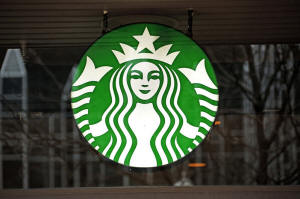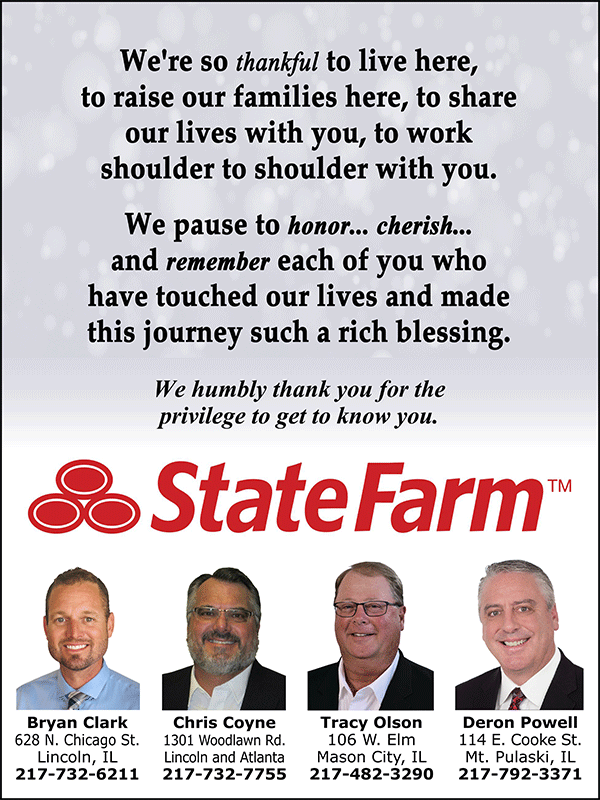|
Starbucks on Monday said it was reversing a policy that invited
everyone into its stores. A new code of conduct – which will be
posted in all company-owned North American stores – also bans
discrimination or harassment, consumption of outside alcohol,
smoking, vaping, drug use and panhandling.
Starbucks spokesperson Jaci Anderson said the new rules are
designed to help prioritize paying customers. Anderson said most
other retailers already have similar rules.
“We want everyone to feel welcome and comfortable in our
stores,” Anderson said. “By setting clear expectations for
behavior and use of our spaces, we can create a better
environment for everyone.”
The code of conduct warns that violators will be asked to leave,
and says the store may call law enforcement, if necessary.
Starbucks said employees would receive training on enforcing the
new policy.
The new rules reverse an open-door policy put in place in 2018,
after two Black men were arrested at a Philadelphia Starbucks
where they had gone for a business meeting. The individual store
had a policy of asking non-paying customers to leave, and the
men hadn't bought anything. But the arrest, which was caught on
video, was a major embarrassment for the company.
At the time, Starbucks Chairman Howard Schultz said he didn’t
want people to feel “less than” if they were refused access.
“We don’t want to become a public bathroom, but we’re going to
make the right decision a hundred percent of the time and give
people the key," Schultz said.
Since then, though, employees and customers have struggled with
unruly and even dangerous behavior in stores. In 2022, Starbucks
closed 16 stores around the country — including six in Los
Angeles and six in its hometown of Seattle — for repeated safety
issues, including drug use and other disruptive behaviors that
threatened staff.
The new rule comes as part of a push by Starbucks' new chairman
and CEO, Brian Niccol, to reinvigorate the chain's sagging
sales. Niccol has said that he wants Starbucks to recapture the
community coffeehouse feeling it used to have, before long
drive-thru lines, mobile order backups and other issues made
visits more of a chore.
All contents © copyright 2024 Associated Press. All rights reserved

|
|




